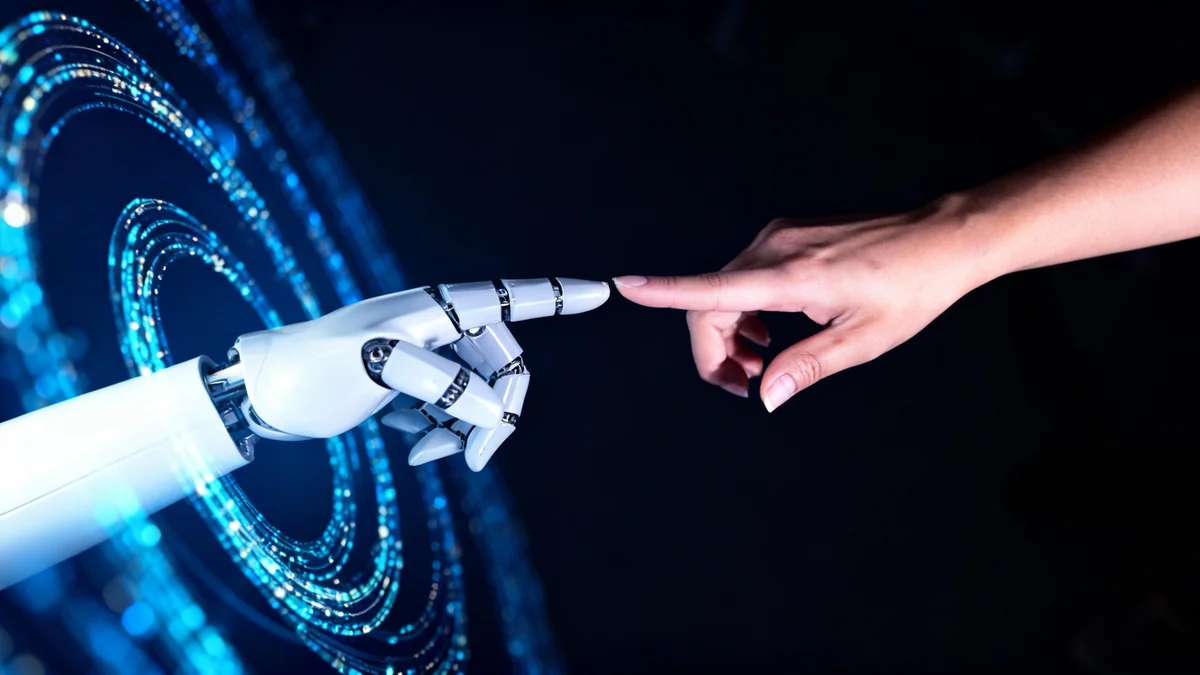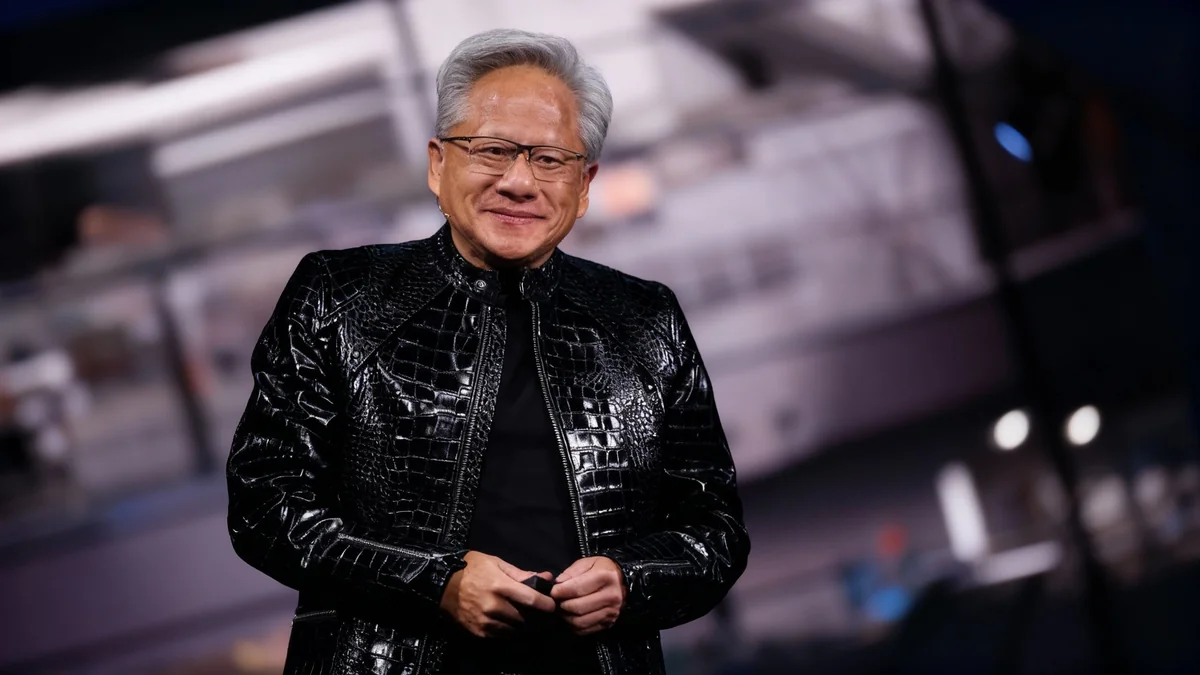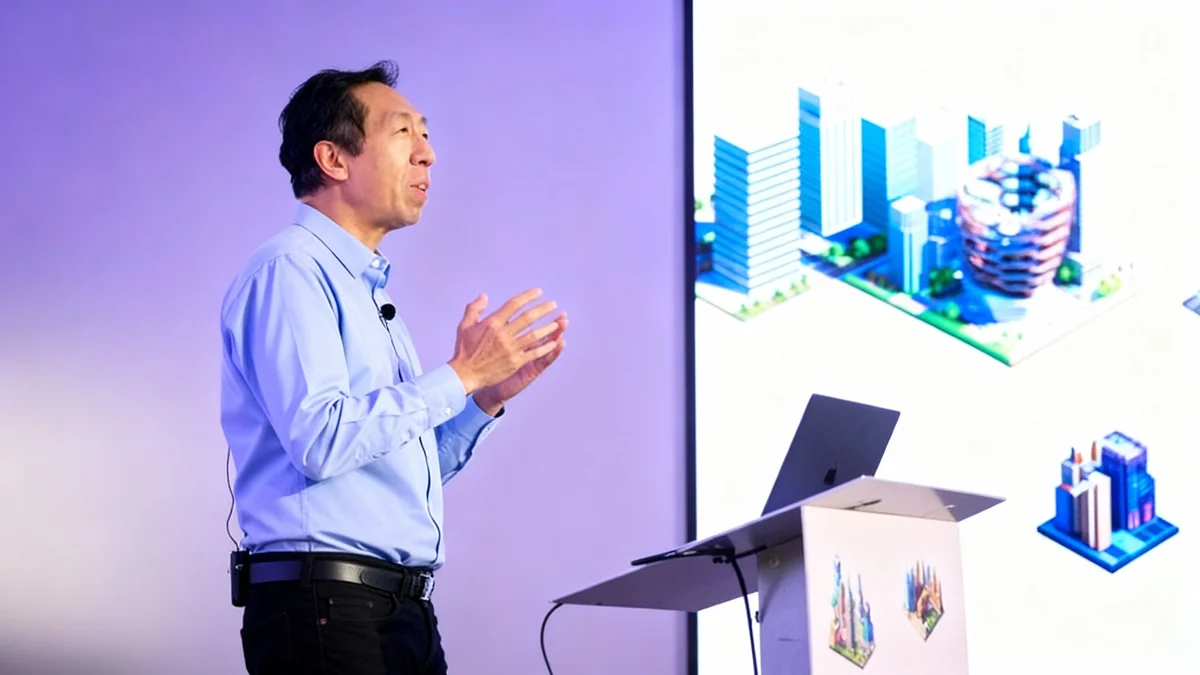Meta has appointed Yang Song, a former researcher from OpenAI, as a research principal for its Meta Superintelligence Labs. This move is part of a broader strategy by CEO Mark Zuckerberg to attract top talent from competing artificial intelligence firms to strengthen the company's advanced AI research division.
Key Takeaways
- Yang Song, previously with OpenAI's strategic explorations team, has joined Meta Superintelligence Labs as a research principal.
- He will report to Shengjia Zhao, another former OpenAI researcher who now leads the lab as its chief scientist.
- This appointment follows a summer hiring initiative by Meta that brought in at least 11 senior researchers from OpenAI, Google, and Anthropic.
- The lab has experienced both high-profile hires and some departures, indicating intense competition for top AI talent in the industry.
Meta Expands Its AI Research Leadership
Meta has continued its aggressive recruitment in the artificial intelligence sector by hiring Yang Song. He officially joined the company earlier this month, taking on the role of research principal within the Meta Superintelligence Labs initiative. This specialized lab is a key part of Meta's long-term AI strategy.
In his new position, Song reports directly to Shengjia Zhao. Zhao, who also joined Meta from OpenAI, was formally named the lab's chief scientist in July. The hiring of Song underscores a trend of Meta targeting experienced researchers from rival AI organizations to build out its own capabilities.
The appointment is a direct result of a hiring campaign initiated by Mark Zuckerberg over the summer. According to reports, this campaign successfully recruited at least 11 leading researchers from major AI players, including OpenAI, Google, and Anthropic, signaling Meta's significant investment in the field.
The Competitive Landscape for AI Talent
The world's largest technology companies are engaged in a fierce competition to hire and retain a small pool of elite AI researchers. These individuals are crucial for developing next-generation models like those powering ChatGPT and other advanced AI systems. High salaries, significant research resources, and influential projects are key incentives used to attract this specialized talent.
Profile of the New Research Principal
Yang Song brings a notable background to his new role at Meta. At OpenAI, where he had worked since 2022, he was the leader of the strategic explorations team. His research has been centered on enhancing the ability of AI models to understand and process large, complex sets of data across various formats, such as text and images.
His academic work has also had a significant impact on the industry. While a graduate student at Stanford University, Song developed an innovative technique that contributed to the foundational development of OpenAI's DALL-E 2, a well-known image generation model.
Shared Academic Roots
An interesting connection exists between Yang Song and his new superior, Shengjia Zhao. Both individuals completed their undergraduate studies at Tsinghua University in Beijing and later pursued their PhDs at Stanford University under the guidance of the same academic adviser, Stefano Ermon.
Leadership and Staffing Dynamics at the Lab
The leadership structure of Meta's AI division has become increasingly complex. When Shengjia Zhao was hired, his background was highlighted by Zuckerberg in an internal memo. The memo noted Zhao's contributions to major OpenAI projects, including ChatGPT and GPT-4.
Zhao's leadership position was officially confirmed in July. This formalization occurred after reports suggested he had considered returning to OpenAI, allegedly going as far as signing employment documents with his former company before committing to his new role at Meta. This event illustrates the high-stakes negotiations involved in securing top AI experts.
In a public post, Mark Zuckerberg stated that while Zhao had "cofounded the lab" and "been our lead scientist from day one," the company decided to "formalize his leadership role" as chief scientist.
The appointment of Zhao initially led to some confusion about the role of Yann LeCun, Meta's long-serving chief AI scientist. LeCun subsequently clarified on social media that he remains the chief AI scientist for Facebook AI Research (FAIR), the company's foundational research lab, and that Zhao's role is specific to the new Superintelligence Labs.
Navigating Talent Retention Challenges
While Meta has been successful in recruiting talent, it has also faced challenges with retention within its new AI unit. Since the lab was announced in June, a small number of researchers have departed. According to previous reports, at least two staff members have returned to OpenAI.
One notable case involved a researcher who completed the onboarding process with Meta but did not show up for their first day of work, choosing to return to OpenAI instead. This highlights the fluid and highly competitive nature of employment in the AI field.
Further staff changes include the departure of AI researcher Aurko Roy, who left Meta in July after only five months. His personal website indicates he has since joined Microsoft AI. These movements demonstrate the ongoing shuffle of key personnel among the top technology firms vying for dominance in artificial intelligence.





